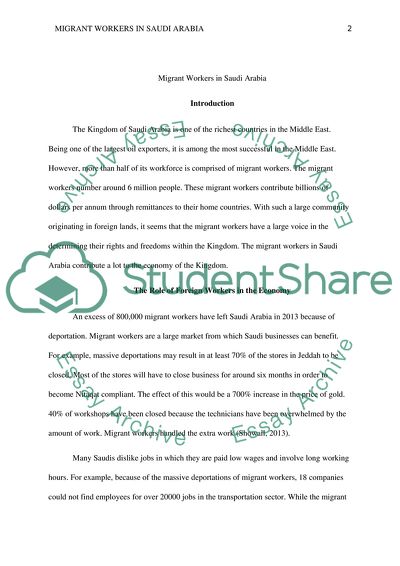Cite this document
(Migrant Workers in Saudi Arabia Coursework Example | Topics and Well Written Essays - 4250 words, n.d.)
Migrant Workers in Saudi Arabia Coursework Example | Topics and Well Written Essays - 4250 words. https://studentshare.org/social-science/1822565-migrant-workers-in-saudi-arabia
Migrant Workers in Saudi Arabia Coursework Example | Topics and Well Written Essays - 4250 words. https://studentshare.org/social-science/1822565-migrant-workers-in-saudi-arabia
(Migrant Workers in Saudi Arabia Coursework Example | Topics and Well Written Essays - 4250 Words)
Migrant Workers in Saudi Arabia Coursework Example | Topics and Well Written Essays - 4250 Words. https://studentshare.org/social-science/1822565-migrant-workers-in-saudi-arabia.
Migrant Workers in Saudi Arabia Coursework Example | Topics and Well Written Essays - 4250 Words. https://studentshare.org/social-science/1822565-migrant-workers-in-saudi-arabia.
“Migrant Workers in Saudi Arabia Coursework Example | Topics and Well Written Essays - 4250 Words”. https://studentshare.org/social-science/1822565-migrant-workers-in-saudi-arabia.


